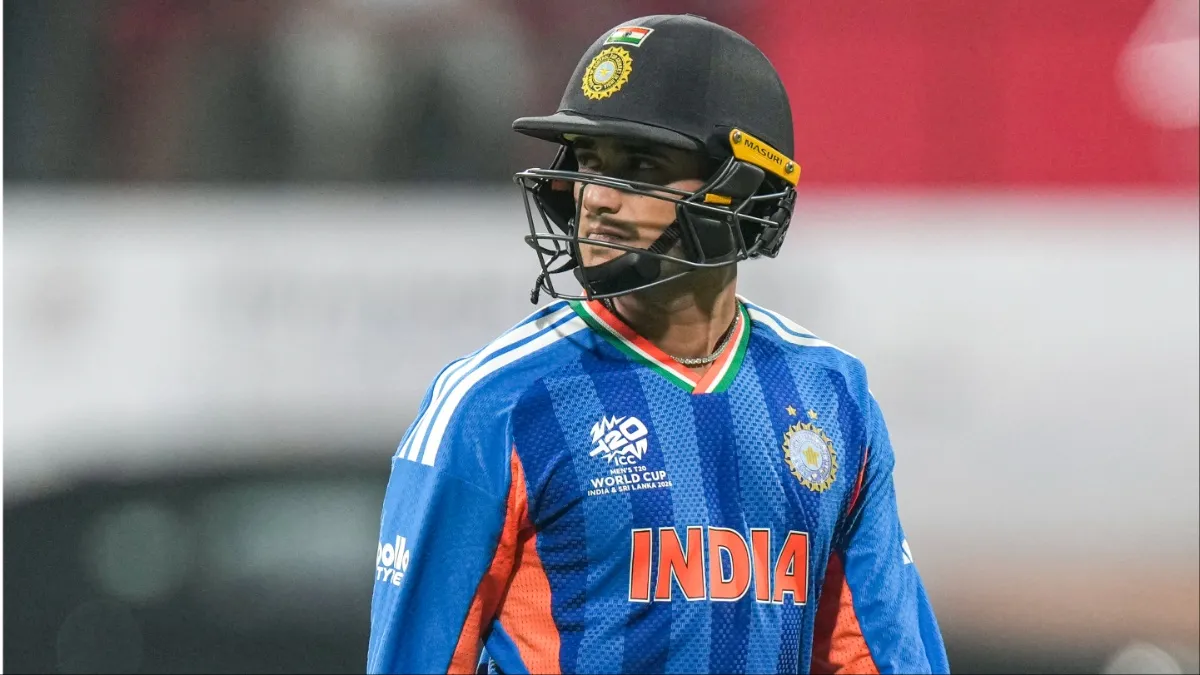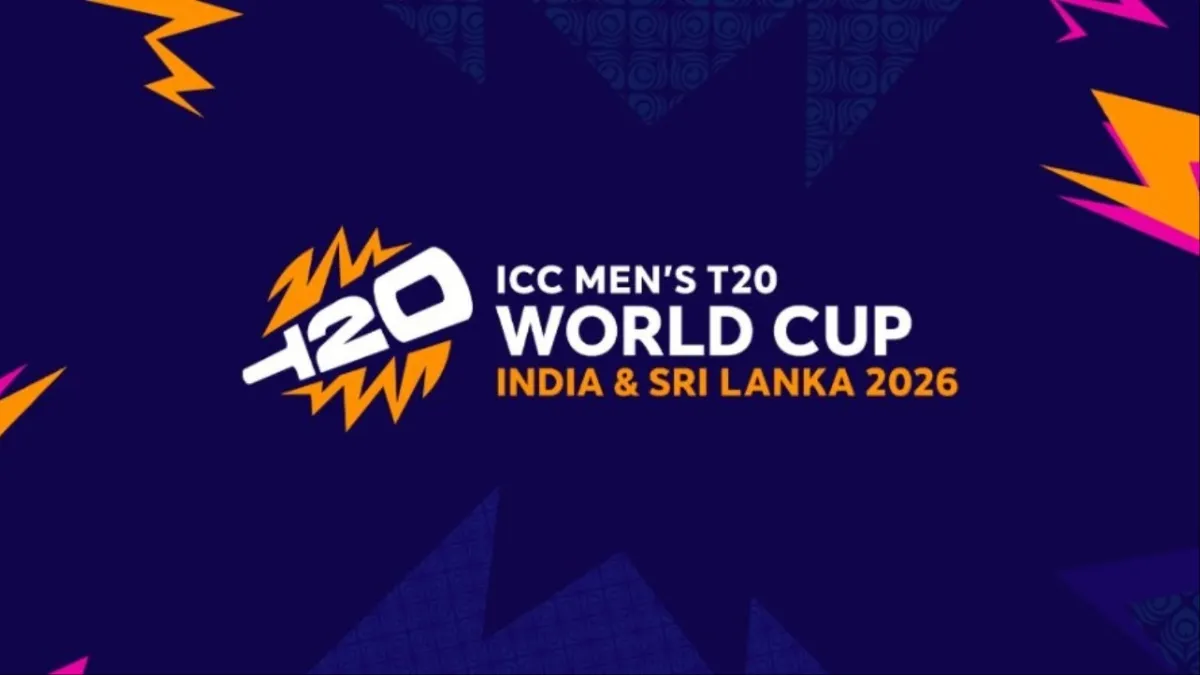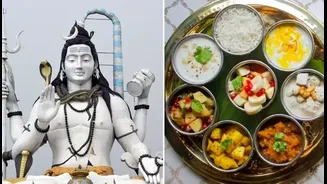Journey through the tumultuous events of the 1947 Partition with eight poignant books. These stories, penned by literary giants, offer raw, unforgettable accounts of a nation divided. Get ready to delve into the heart of a defining moment in history.
Partition's Literary Landscape
The 1947 Partition, a time of immense upheaval, left an indelible mark on Indian literature. Stories emerged, capturing the human cost of division. Authors chronicled the displacement, violence, and trauma through novels and short stories, offering powerful insights into this critical juncture in India's history. These narratives continue to resonate deeply with readers.
Amrita Pritam's 'Pinjar'
Amrita Pritam's 'Pinjar' offers a poignant tale of abduction and survival. Set against the backdrop of Partition, this novel explores themes of identity and resilience. The story presents a unique perspective on the lives of women affected by the turmoil, painting a vivid picture of their struggles and eventual triumph.
Manto's 'Toba Tek Singh'
Saadat Hasan Manto's 'Toba Tek Singh' presents a stark and unforgettable view of the Partition's absurdity. The story centers around a mental asylum on the border, and the characters there highlight the madness of the situation. It is a powerful commentary on the human condition during a time of great chaos.
Khushwant Singh's 'Train'
Khushwant Singh's 'Train to Pakistan' offers a gripping narrative of the Partition's impact on a village. This novel reveals the violence, loss, and the complexities of human relationships. It depicts how the Partition shattered the bonds of community and left scars that lasted long after the dust settled.
More Partition Stories
Other notable works include Intizar Husain's 'Basti,' Chaman Nahal's 'Azadi,' Bhisham Sahni's 'Tamas,' Ismat Chughtai's 'Lihaaf,' and Bapsi Sidhwa's 'Ice Candy Man.' Each provides unique perspectives on the events. Collectively, these books ensure that this era remains remembered for the sacrifices made and the lives disrupted by the Partition.














